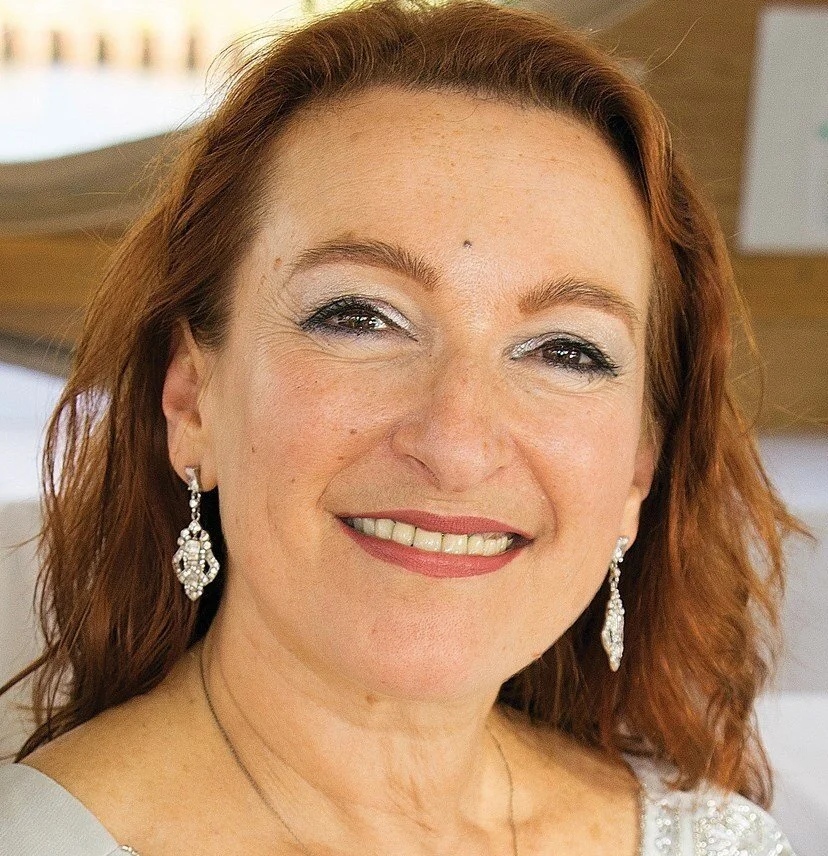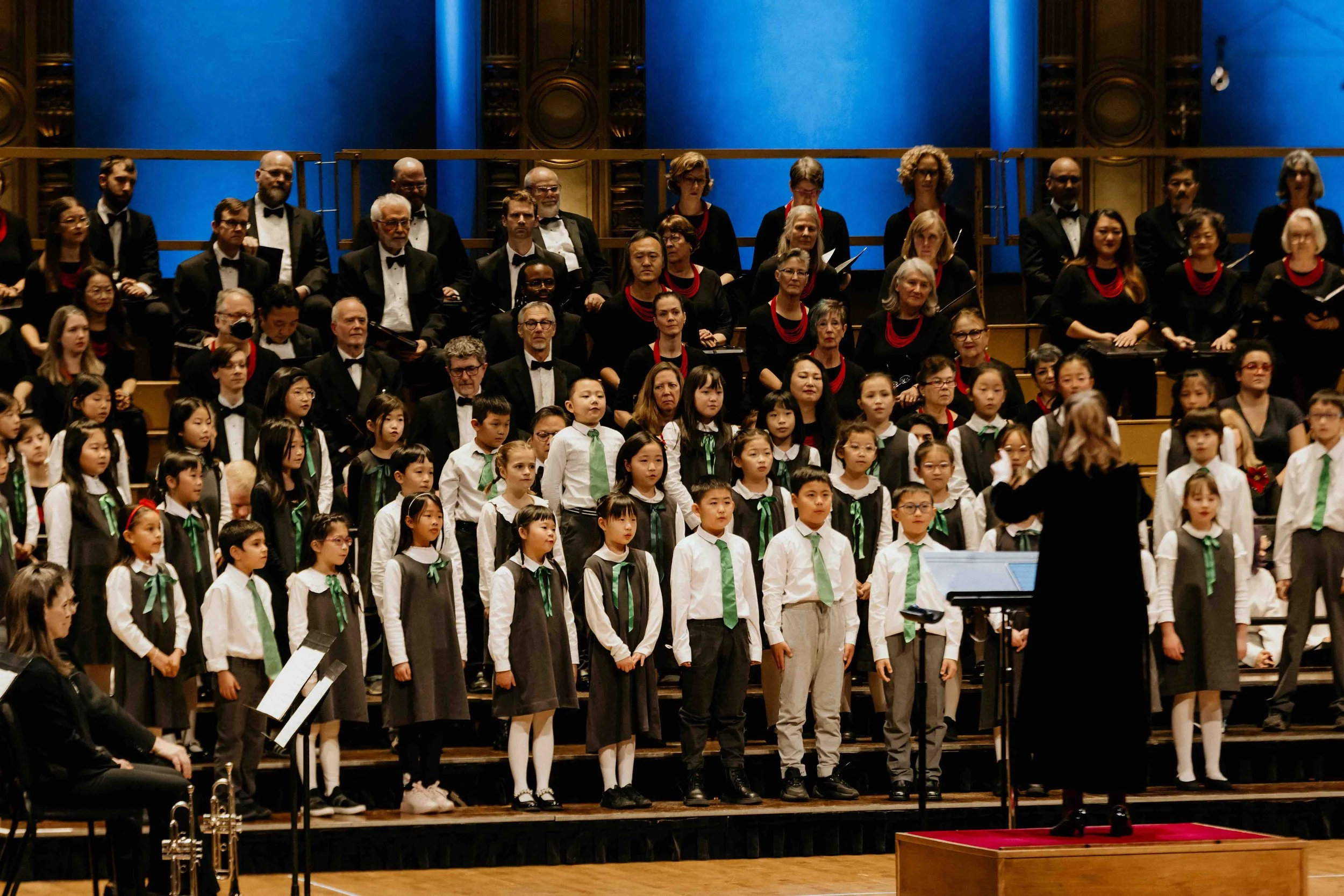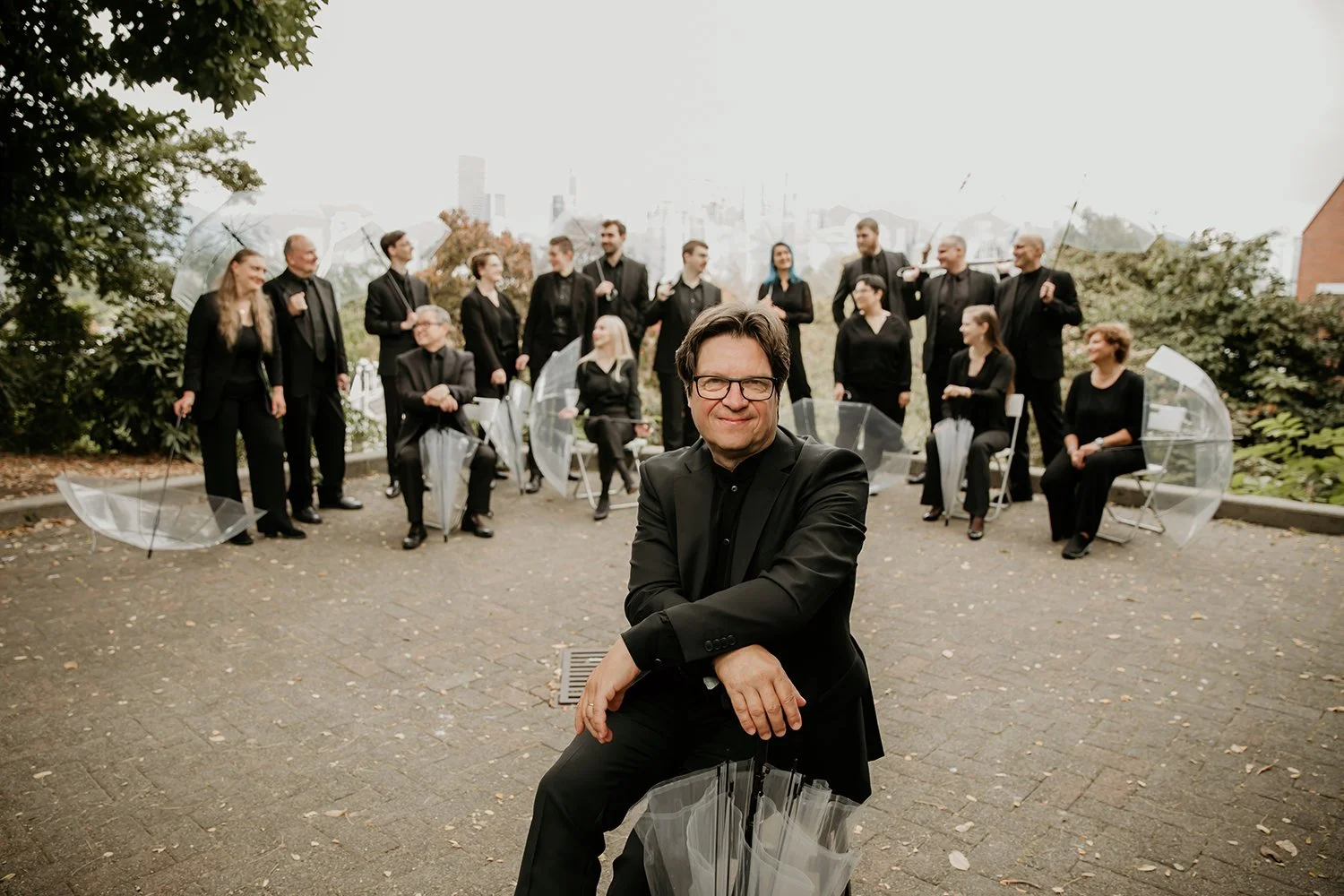Vancouver Jewish arts festivals scrambling to raise funds after cuts to historical grants
The Chutzpah! Festival and the Jewish Book Festival fall outside of new “designated priority groups” for federal and provincial funding, and are struggling to stay afloat
Chutzpah! Festival managing artistic director Jessica Mann Gutteridge. Photo by Tallulah
Jewish Book Festival director Dana Camil Hewitt.
TWO OF VANCOUVER’s longest-running Jewish arts festivals say they are in serious financial straits after losing years of public grants, and are calling for the Jewish community to be included in the newly redefined “designated priority groups” by federal and provincial funding bodies.
The Canada Council for the Arts’ updated equity policy, released in December 2023, lists “strategic groups” for increased access to funding as “Indigenous, Black, racialized, Deaf and disability, official language minority, and 2SLBGTQI+ and gender-diverse communities, women, youth and artists at the intersection of these groups.” Similarly, the BC Arts Council has recently updated its designated priority groups to include groups or practitioners who are Indigenous (First Nations, Métis, and/or Inuit) Peoples; deaf or experience disability; Black or people of colour; and/or located in regional areas (outside greater Vancouver or the capital region).
In a recent emailed fundraising appeal to supporters, Chutzpah! Festival’s artistic managing director Jessica Mann Gutteridge wrote that the organization, now in its 24th year, was in an “urgent financial situation”. In a separate email to Stir, Gutteridge said the festival had been declined for four project-based grants which represented approximately 30 percent of its anticipated grant amount and 19 percent of its total budget.
“We are generally supported by funding at all three levels of government, and we…have definitely seen a drop in our success rate,” Gutteridge told Stir in a Zoom call. “Of course, we understand there are never any guarantees that, because you got funded one year you get funded the next, but we had a very long successful track record…. We don’t know exactly why we’ve experienced this.”
Jewish Book Festival estimates budget loss of 15 percent
While the Canada Council no longer provides individualized feedback on unsuccessful applications, Gutteridge said Chutzpah! had been advised by some funders that the cessation of special pandemic funding, coupled with “efforts to diversify the applicant pool”, had resulted in more applications vying for fewer dollars. “We also know that there’s a focus by the funders on new designated priority groups, and the worldwide Jewish community is not included in that priority group listing,” she added.
Dana Camil Hewitt, director of the Jewish Book Festival, now in its 39th year, told Stir that it has also lost grants that have supported the festival for decades. “I lost my federal funding that has been historically in place for many, many, many years,” she said, estimating that the lost funds represented about 15 percent of the festival’s budget. Camil Hewitt said she applied for provincial funding to make up the shortfall, and was again unsuccessful.
“The festival is not teetering on the brink, let's say, but it’s not very far from that,” she said. “I was just very lucky that a couple of donors who support certain aspects of the festival came through with a bit more than what they had committed to.”
Camil Hewitt said she did not receive an explanation for the sudden cut in public grants, but did receive “recommendations”. These, she said, were to “emphasize diversity, like women writers, for example.” With more than half of the festival’s programming featuring women’s writers, “in my opinion, I was doing [this] a hundred percent already in my application,” she added.
Presenters question why Jews are not a designated cultural minority
In response to inquiries from Stir, the B.C. Ministry of Tourism, Arts, Culture and Sport provided a statement that read, in part: “In 2022, the BC Arts Council made changes to the way it provides funding to support increased equity, inclusion and accessibility with the launch of its Extending Foundations Action Plan. There were no designated priority groups prior to 2022, when the policy was introduced….The BC Arts Council’s grant funding is limited and oversubscribed; therefore, it is not possible to fulfill every grant request.”
In an email exchange with Stir, Sanjay Shahani, director general of strategy and public affairs with the Canada Council for the Arts, confirmed that Jewish artists are not considered a minority cultural group by the Council. “While the Canada Council’s designated priority groups have not changed since 2022, the Council has started to use the term ‘racialized’ in place of ‘culturally diverse’ based on feedback received from the community,” he wrote.
When initially approached by Stir, the CCA’s Shahani wrote that “religious affiliations are not something that applicants to Council funding are asked to disclose and is therefore not the basis of any funding allocations,” before clarifying, in another email, that Jews are not considered a minority cultural group.
The conflation of Jewish religion with Jewish culture by funding bodies is a concern, said Gutteridge. “There's a misconception that the Jewish community is a religious community, but in fact, Judaism is the religion of the Jewish ethnocultural community in the same way that, for example, many Arab people are Muslims or Christians.”
She added: “There are other similarly situated ethnocultural communities that are considered priority group designees, and we think that, because of what our community experiences here in Canada and globally, we should be….For example, those priority designations include Arab and Persian artists, so we're talking about communities with very similar experiences in terms of experiencing discrimination, coming from similar diasporas.”
Camil Hewitt noted that “so many of us, especially in Vancouver, are not religious at all, but have a strong Jewish identity….In terms of priority groups, it's about having undergone some kind of discrimination in time. That's what makes the respective priority group a priority group. And if Jews have not encountered discrimination, then I don't know who has.”
Additional security costs add to the squeeze
Exacerbating the organizations’ financial woes are the effects of the Israel-Hamas war, which broke out just weeks before last year’s Chutzpah!’s festival, said Gutteridge. “We experienced kind of a perfect storm,” she said. “We opened just a few weeks after the October 7th attacks and so our ticket sales really suffered.” The decline in ticket sales was partly due to safety concerns in the community about attending events in Jewish spaces, she said. “Another reason is that the community was grieving, really, and there were those in the community who didn't feel like they wanted to be experiencing the arts at that time,” she said, noting that the festival also had to hire additional security for its venues.
The Jewish Book Festival, which took place in February, was not affected quite as directly by the eruption of the conflict, but Camil Hewitt said the festival also incurred additional security costs, and the box office was less successful than in previous years: “We also had relatively small audiences for events that I would say I normally would have expected more, and which were very, very good.”
The Chutzpah! Festival is aiming to raise $60,000 by the end of this month through its fundraising campaign. “It's not enough to get us a hundred percent of the way to where we need to be to produce a festival of the scope that we are used to presenting,” said Gutteridge. “But it's definitely important to have that funding now so that we can confirm the artists that we're in conversation with about appearing in the November [2024] festival.”
Both Gutteridge and Camil Hewitt said they are continuing to seek out financial support from government and private sources, and that they are committed to the future of their events.
“It's a very complex and very emotionally wrenching time, I think, globally,” said Gutteridge. “What's really wonderful about working in the arts, just in that broad sense, is that we actually have a structure and supports for grappling with the big issues….I once heard the theatre described as a museum of empathy, and that really stuck with me because I think it's a really important place for people to come and experience life from other people's perspectives, and to have a safe place to express emotions.” ![]()















